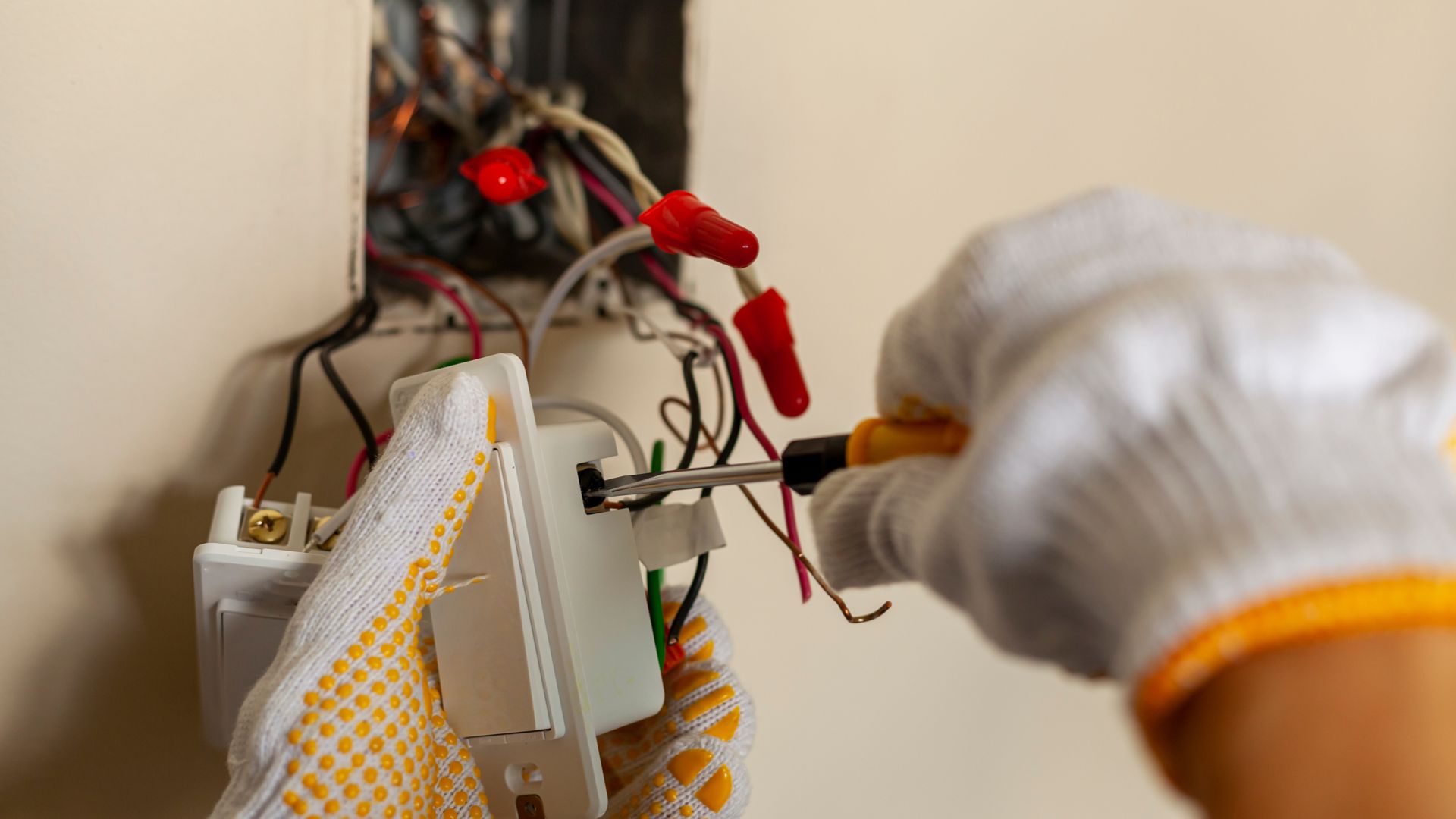DIY projects can be a great way to save money and gain a sense of accomplishment, but it's essential to proceed with caution when it comes to electrical work. Mistakes in wiring and rewiring can lead to serious hazards, including electrical fires, shocks, and extensive property damage.
Here are some common wiring mistakes to avoid in your DIY projects and why hiring a skilled electrician is often the best choice.
1. Using the Wrong Wire Size
Mistake: One of the most common mistakes is using the wrong wire size for the circuit. Different electrical appliances and fixtures require different wire gauges to handle the electrical load safely.
Solution: Always check the required wire gauge for your specific project. For instance, a typical household outlet usually requires 14-gauge wire for 15-amp circuits and 12-gauge wire for 20-amp circuits. Using a too small wire can overheat and potentially cause a fire.
2. Incorrectly Connecting Wires
Mistake: Improper wire connections, such as loose connections or improper use of wire nuts, can create significant safety hazards.
Solution: Ensure all wire connections are secure and covered with the appropriate wire nuts. Always use a junction box for connections, and never leave exposed wires. Properly strip and twist wires together before securing them with a wire nut.
3. Overloading Circuits
Mistake: Overloading a circuit by connecting too many devices or appliances can cause the circuit breaker to trip repeatedly or even fail.
Solution: Calculate the total load on a circuit before adding new outlets or devices. The combined wattage of all devices on a single circuit should not exceed the circuit's capacity. If you’re unsure, consult the circuit breaker's rating or seek advice from a professional.
4. Failing to Ground Outlets and Devices
Mistake: Neglecting to ground electrical outlets and devices properly can lead to dangerous electrical shocks.
Solution: Always ensure that your wiring includes a ground wire and that it is correctly connected to outlets, devices, and the electrical panel. Grounding provides a safe path for electricity to follow in case of a fault, reducing the risk of shock or fire.
5. Using Extension Cords as Permanent Wiring
Mistake: Using extension cords for permanent wiring solutions is not only against code but also extremely unsafe.
Solution: Install permanent wiring with the correct wire type and gauge for the application. Extension cords are designed for temporary use and can degrade over time, leading to potential hazards.
6. Ignoring Electrical Codes and Regulations
Mistake: Ignoring local electrical codes and regulations can lead to unsafe installations and potential legal issues.
Solution: Familiarize yourself with the local electrical codes and regulations before starting any electrical project. These codes are designed to ensure safety and compliance with national standards.
7. Inadequate Use of GFCI Outlets
Mistake: Not installing Ground Fault Circuit Interrupter (GFCI) outlets in areas where they are required, such as bathrooms, kitchens, and outdoor spaces, can pose a significant risk of electrical shock.
Solution: Ensure GFCI outlets are installed in all locations where they are required by code. GFCI outlets are designed to cut off the electrical supply if a ground fault is detected, protecting you from electrical shocks.
Ensure Safety and Compliance: Call Us Today!
While DIY projects can be fulfilling, electrical work requires high expertise and precision to ensure safety and compliance with regulations. To avoid these common wiring mistakes and ensure the safety of your home or business, it’s best to hire an experienced and skilled electrician.
Reach out to High Tech Electric today at (435) 466-7144 to get started.

